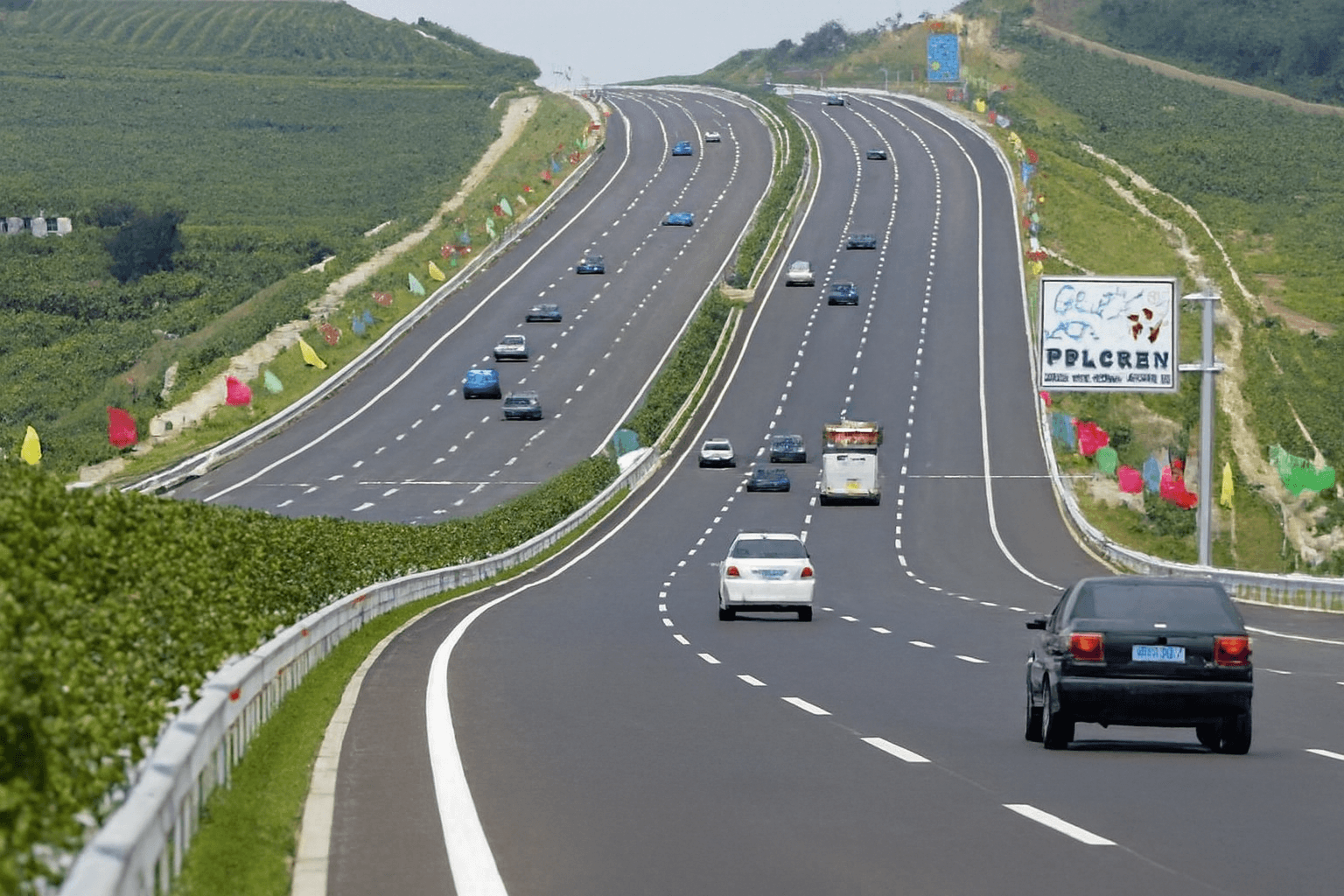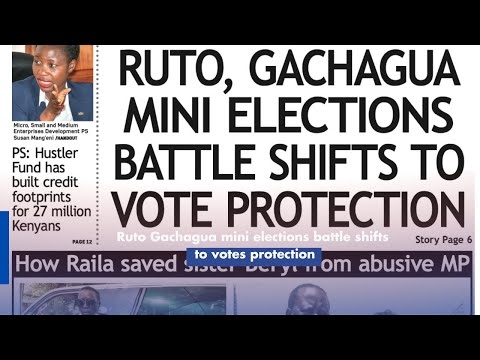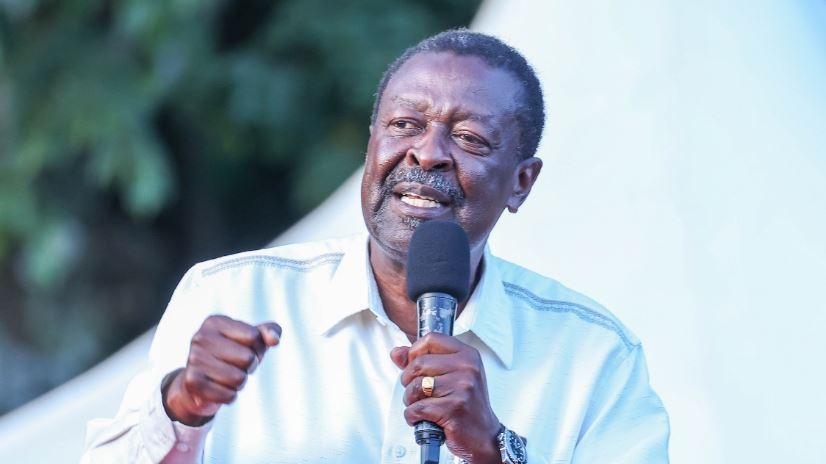 Senior Economist
for UNDP Ligane
Sene, with the
South Sudan
Co-operative
Bank Managing
Director Elijah
Wamalwa during
the pact signing
/HANDOUT
Senior Economist
for UNDP Ligane
Sene, with the
South Sudan
Co-operative
Bank Managing
Director Elijah
Wamalwa during
the pact signing
/HANDOUTCooperative Bank of South Sudan has tapped the United Nations Development Programme (UNDP) in what experts are calling one of the most ambitious attempts yet to bring modern finance into the country’s rural economy.
The deal, part of the multi-donor Rural Enterprise and Agricultural Development project, aims to pull thousands of small farmers, women entrepreneurs and youth-run agribusinesses into the formal financial system—many of them for the first time.
At the signing ceremony in Juba, Caroline Mwongera, the country director for the UN’s International Fund for Agricultural Development (IFAD), termed the deal a turning point.
“This agreement represents a transformational step in strengthening South Sudan’s rural financial systems,” she said, adding that the project will use credit, cooperative development and financial literacy as tools for long-term rural transformation.
Backed by a $20 million (Sh2.6 trillion) IFAD grant and additional contributions from the South Sudanese government, UNDP, Cooperative Bank and local communities, this brings the total funding to more than $25 million (Sh3.3 trillion).
The initiative aims to reach 162,000 people across seven counties, with half expected to be women and 70 percent youth.
Officials say the structure of the project reflects the realities of South Sudan’s farm economy, where many farmers still rely on informal savings groups, handwritten lending records and unstructured markets.
In places like Aweil and Terekeka, farmers often have to travel for hours to reach the nearest formal financial institution.
A woman selling sorghum in Yambio or a youth group running a poultry project in Maridi may earn a modest income but lack bank accounts, credit histories or access to affordable loans—making growth nearly impossible.
Evans Kenyi Solomon, a technical adviser at the Ministry of Agriculture, said the initiative puts cooperatives at the centre of fixing these gaps.
“Youth and women empowerment is not a side agenda,” he said. “It is the engine that drives peace, prosperity, and resilience in this country.”
He described cooperatives as the missing link, explaining how farmer groups can negotiate better prices, bulk-buy inputs such as seeds or fertilizers and build shared storage facilities that reduce postharvest losses.
Elijah Wamalwa, managing director of the Cooperative Bank, said the partnership culminates years of planning.
“A journey of a thousand miles begins with one step,” Wamalwa said. “Today marks an important step because we have finally agreed to walk this journey together.”
He said the bank’s role will be to expand rural
financial services and credit access.
“We want a future where a farmer in Nimule or Torit can access credit as easily as someone in Juba,” Wamalwa said.
Plans include expanding agency banking and developing a mobile-based financial platform.
Ligane Sene, deputy representative and senior economist for UNDP, said the project is a timely opportunity to diversify South Sudan’s oil-dependent economy and tackle challenges like low crop yields and weak markets. “When farmers work in groups, they gain the power of scale,” Sene said. “That is how we move from food imports to food self-sufficiency.” He also added that the project could help fast-track South Sudan’s shift toward a cashless economy, aided by a new national payment framework
















